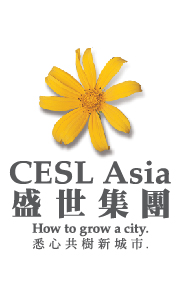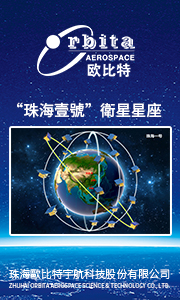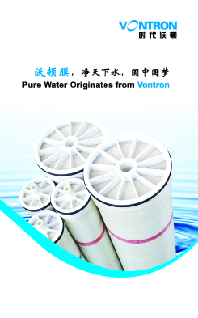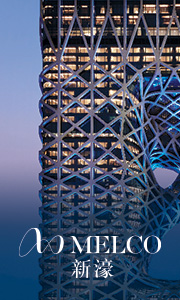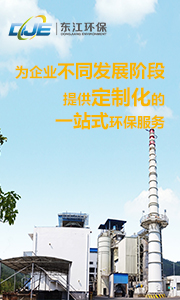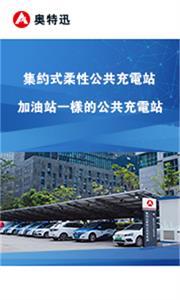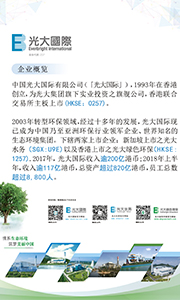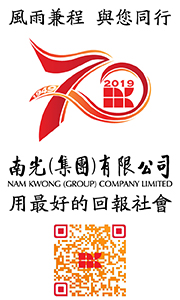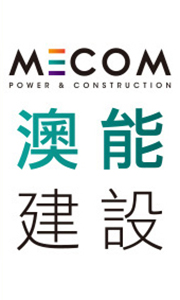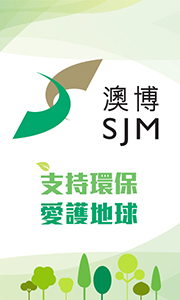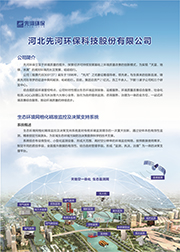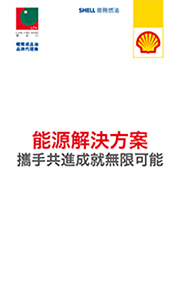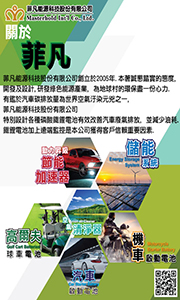 Manuel Duarte Pinheiro
Manuel Duarte Pinheiro
Professor Manuel Duarte Pinheiro, Técnico Lisboa, University of Lisbon (Portugal)
Topic: Sustainable Factorial Opportunities from Green Buildings to Eco-cities. Portuguese Approaches and Examples.
Abstract
Activities in buildings have an important environmental impact, resulting in the consumption of materials (50 % of raw materials), primary energy (40%), potable water (more than 50%), and other consumption flows. In most cases, building systems behave like linear systems (input – output), which also result in important environmental loads, such as GHG – greenhouse Gas Emissions (35 %), wastewater, and solid waste.
New environmental challenges, political strategies, and technological evolution create momentum to develop new green buildings approaches to residential, commercial, office and tourism buildings and better use of the scarce resources and space available.
Buildings are not islands, but components of the interlinked structure of cities, emphasizing the need to address the challenges of developing green buildings and eco-cities, according to multiple dimensions and scales. The Portuguese experience in using the LiderA system can provide an interesting perspective on specific leverage solutions (or acupuncture) in buildings and urban areas that allow the creation of more circular sustainable systems.
Factorial improvement solutions to a near zero energy buildings base in bioclimatic approach, energy efficient systems, and information to the user allow supporting this new mandatory paradigm, with optimal costs in life cycle. Solutions to close water cycle and create circular flows of materials and ecological habitats also provide important sustainable contributions and examples.
The huge increase in renewable energy mix, for example, allows Portugal to run only on renewable energies in some days of the year. The use of digital technologies, user engagement schemes, new electric mobility strategies (as a key point), the integration of ecological functions in urban spaces, and the mitigation and adaption to global warming have all been researched and implemented with win-win approaches that try to improve buildings, and create more resilient eco-cities.
Frameworks of sustainable assessment systems, such as LiderA have a key role in providing a holistic perspective of search and management of environmental sustainability. This presentation finishes with a reflection on how these searches for win-win sustainable strategies in buildings and cities can constitute potential opportunities for Macao.




